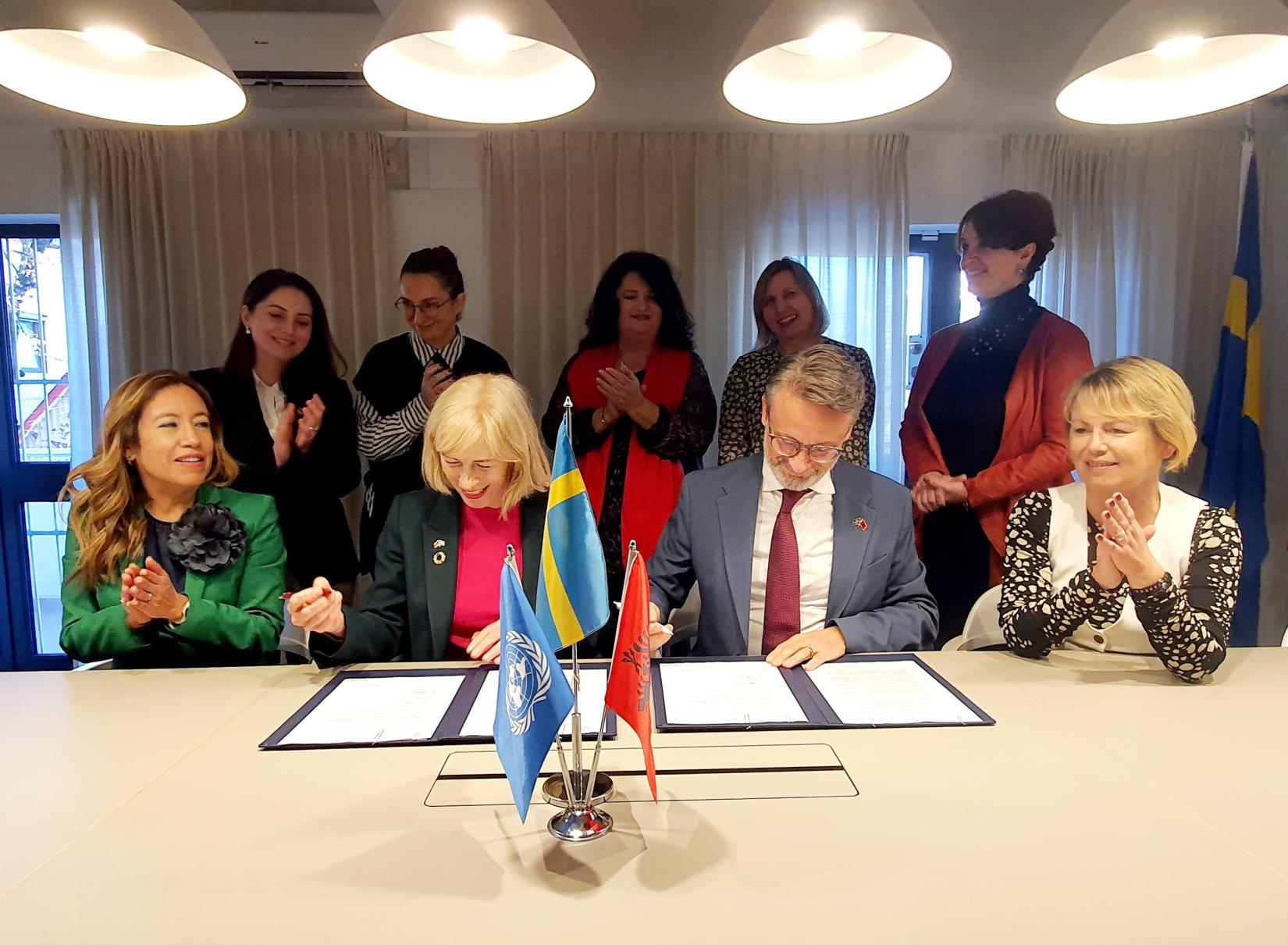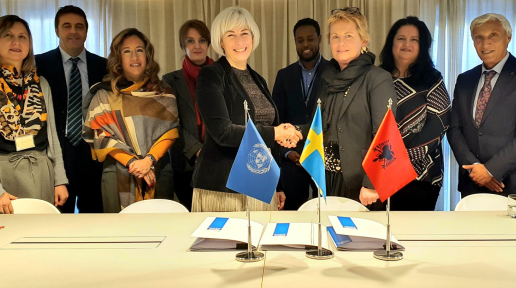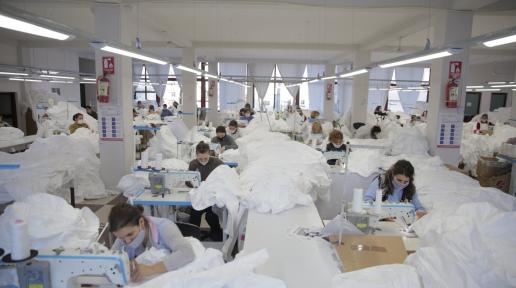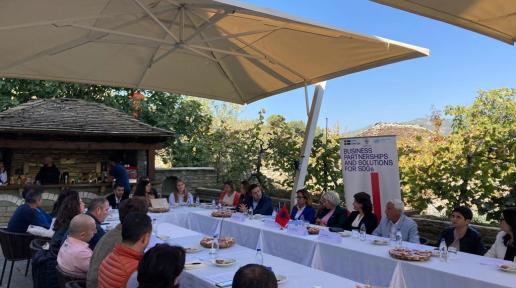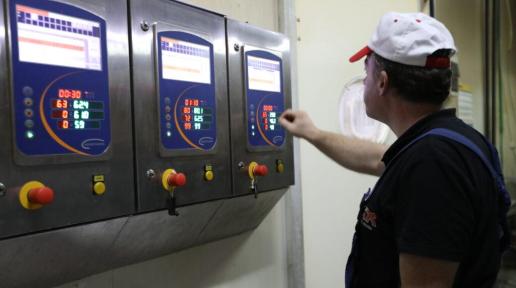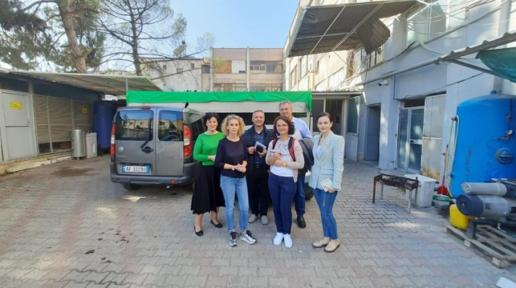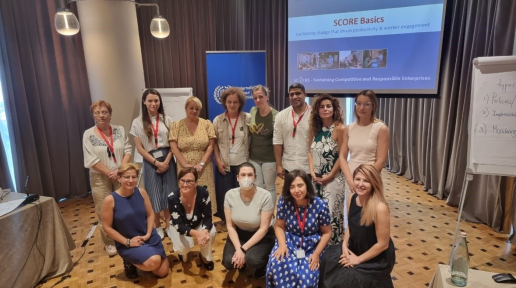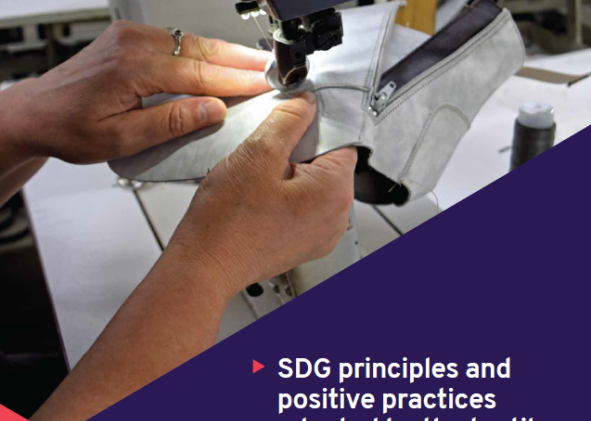SUMMARY
(Access the latest project brief in English here and in Albanian here)
Albania’s private sector has been a pivotal force in driving the country’s economic growth and has witnessed considerable expansion in recent years. Despite this, the sector’s role and impact on fostering inclusive growth in Albania has not been fully utilized. This is evident in the limited awareness and implementation of sustainable business practices among companies.
As the country moves towards European Union (EU) accession and strives to align with EU standards and the EU aquis, Albania finds itself at a crucial moment in time. The importance of upgrading business practices and the national business legislation to more sustainable models has become paramount.
The United Nations Joint Project “Business Partnerships & Solutions for SDGs”, building on the success of its pilot phase, aims to address these issues through a multifaceted approach. It focuses on enhancing the private sector’s capabilities for a successful transition to sustainable practices. Additionally, the project complements technical capacity building with interventions in awareness raising, trade facilitation and policy support to create an enabling environment for companies to thrive.
The project is funded by the Swedish International Development Agency (SIDA) and implemented by United Nations Development Programme (UNDP – lead), Food and Agriculture Organization (FAO), International Labour Organization (ILO) and United Nations Industrial Development Organization (UNIDO) in Albania.

Background
In the past 25 years, Albania’s dynamic private sector drove the transition that pulled the country’s development forward to a middle-income status. However, Albanian companies still have low awareness of the Sustainable Development Goals (SDGs) as well as their impact on the environment and society at large.
SDGs provide a critical window of opportunity to rethink country’s present and future role. Long-term choices in sustainability can give Albanian companies a strategic advantage in the future, even more crucial in relation to the challenges of our times, such as the climate, energy, and biodiversity crisis, inflation, lack of raw materials and skilled workers, as well as the country’s ambition to become a member of the EU. Combined with updates in business and trade regulation at a national level, for instance with regards to export, recycling and traceability, these practices can contribute to increase the resilience of Albanian companies and support their sustainable growth over time.
During its pilot phase, the project has undertaken extensive research on the two focus sectors: agro-processing and Textile, Clothing, Leather and Footwear (TCLF). Based on its outcomes and leveraging the network of companies built over time, the implementing agencies are well equipped to expand their reach and scale up their impact across different value chains and geographical areas of Albania. Flagships initiative such as the “Business #2030 Conference” and the “SDG Business Pioneers Award” will continue to catalyze the interest and enthusiasm of the Albanian business community while connecting them to Swedish and international models.
During its pilot phase, the project has undertaken extensive research on the two focus sectors: agro-processing and Textile, Clothing, Leather and Footwear (TCLF). Based on its outcomes and leveraging the network of companies built over time, the implementing agencies are well equipped to expand their reach and scale up their impact across different value chains and geographical areas of Albania. Flagships initiative such as the “Business #2030 Conference” and the “SDG Business Pioneers Award” will continue to catalyze the interest and enthusiasm of the Albanian business community while connecting them to Swedish and international models.
Project Outcome
The Joint Project has the Goal to facilitate the transition of Albanian companies to sustainable practices. Through its action it will contribute to concretizing positive impact of the private sector on environment and society and its contribution to inclusive and sustainable economic growth of the country. Companies led by women and young people will be the priority beneficiaries of the project.
The intervention will be focused on two axes: the enhancement of technical capacity and the improvement of the enabling ecosystem for sustainable businesses. On one hand, Albanian companies will be trained through tested UN methodologies to level up their sustainable practices and contribute to local value chains. On the other hand, companies of different sizes in different locations in Albania will become more aware of the importance of sustainability, connect to the national and international business communities and advocate for enabling policies with policymakers.
The ever-present support of Sweden and the connections and knowledge-sharing with its business community will be pivotal in providing companies with tools and knowledge to join international value chains.

